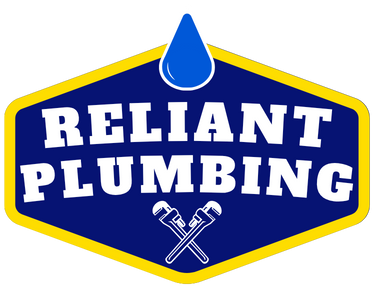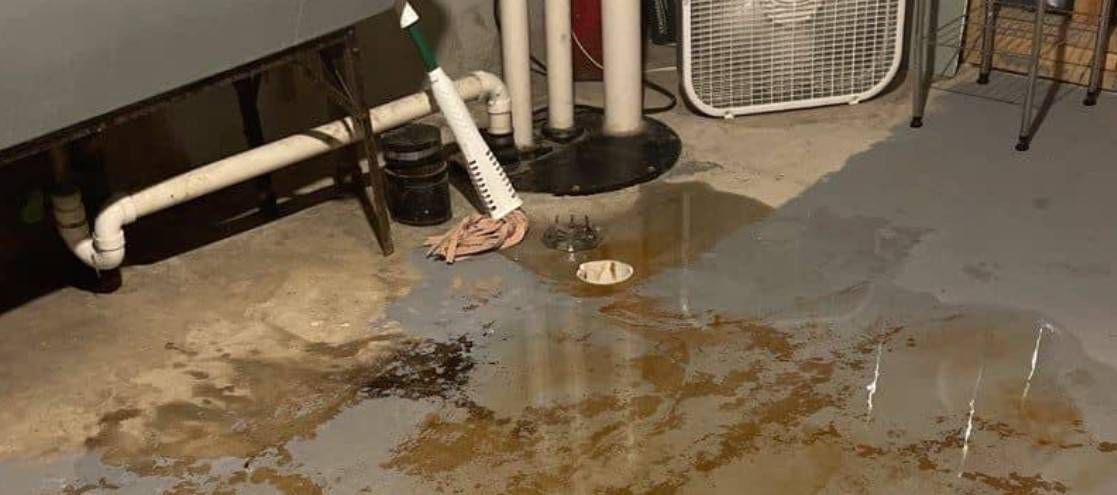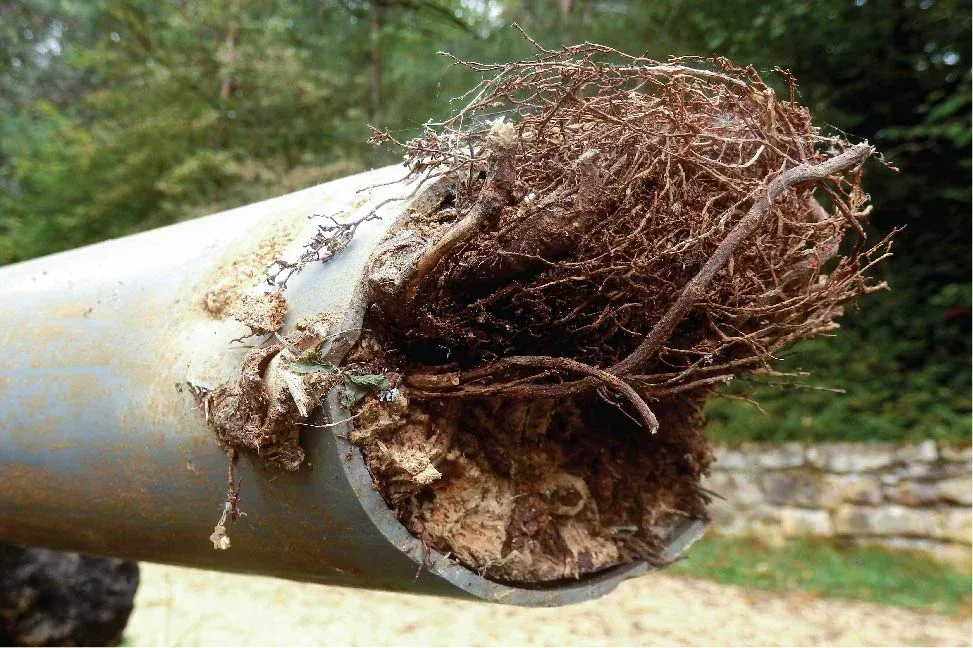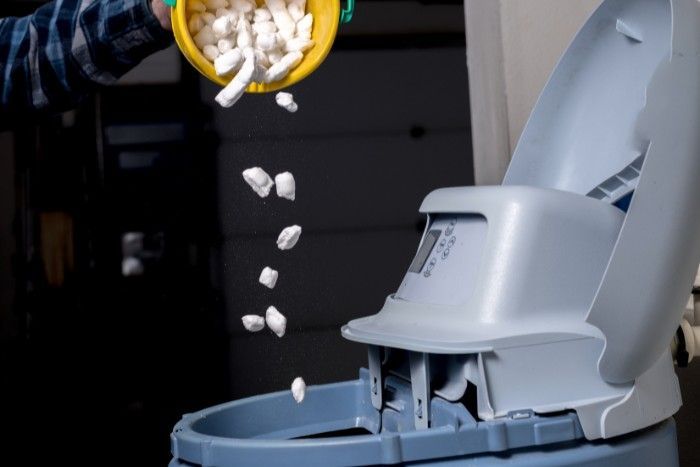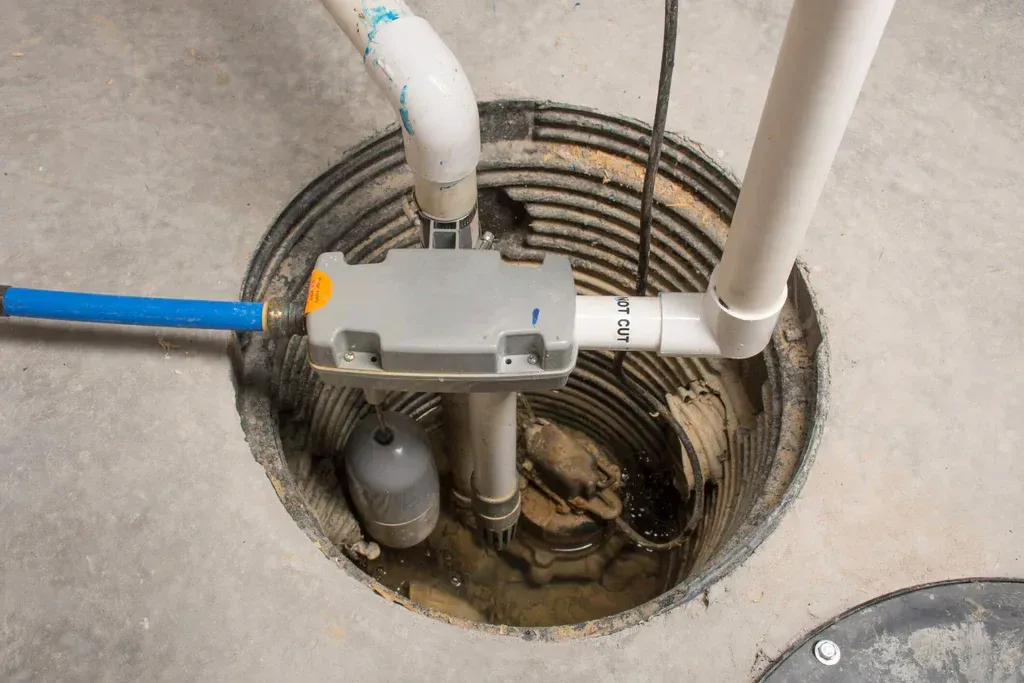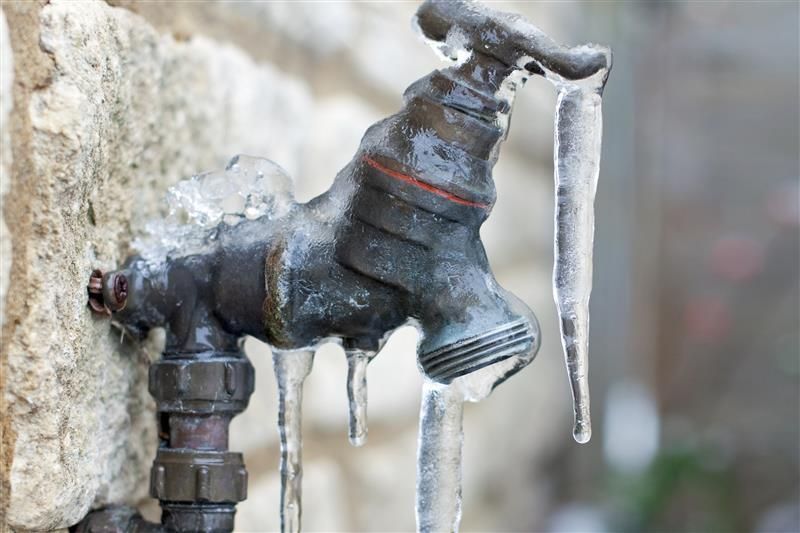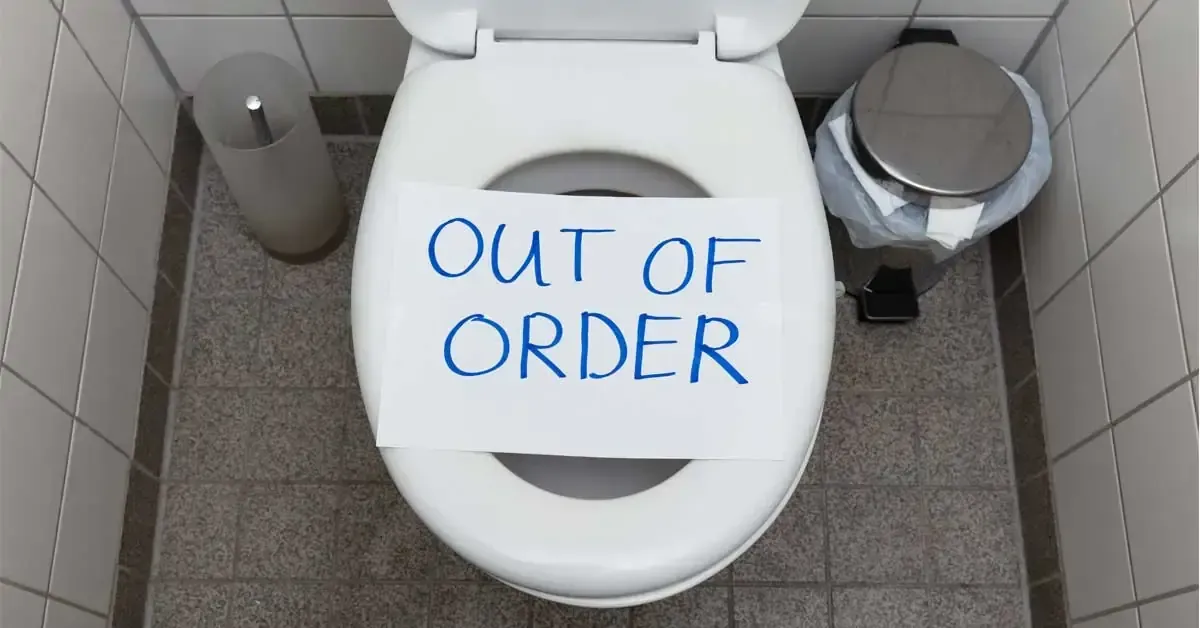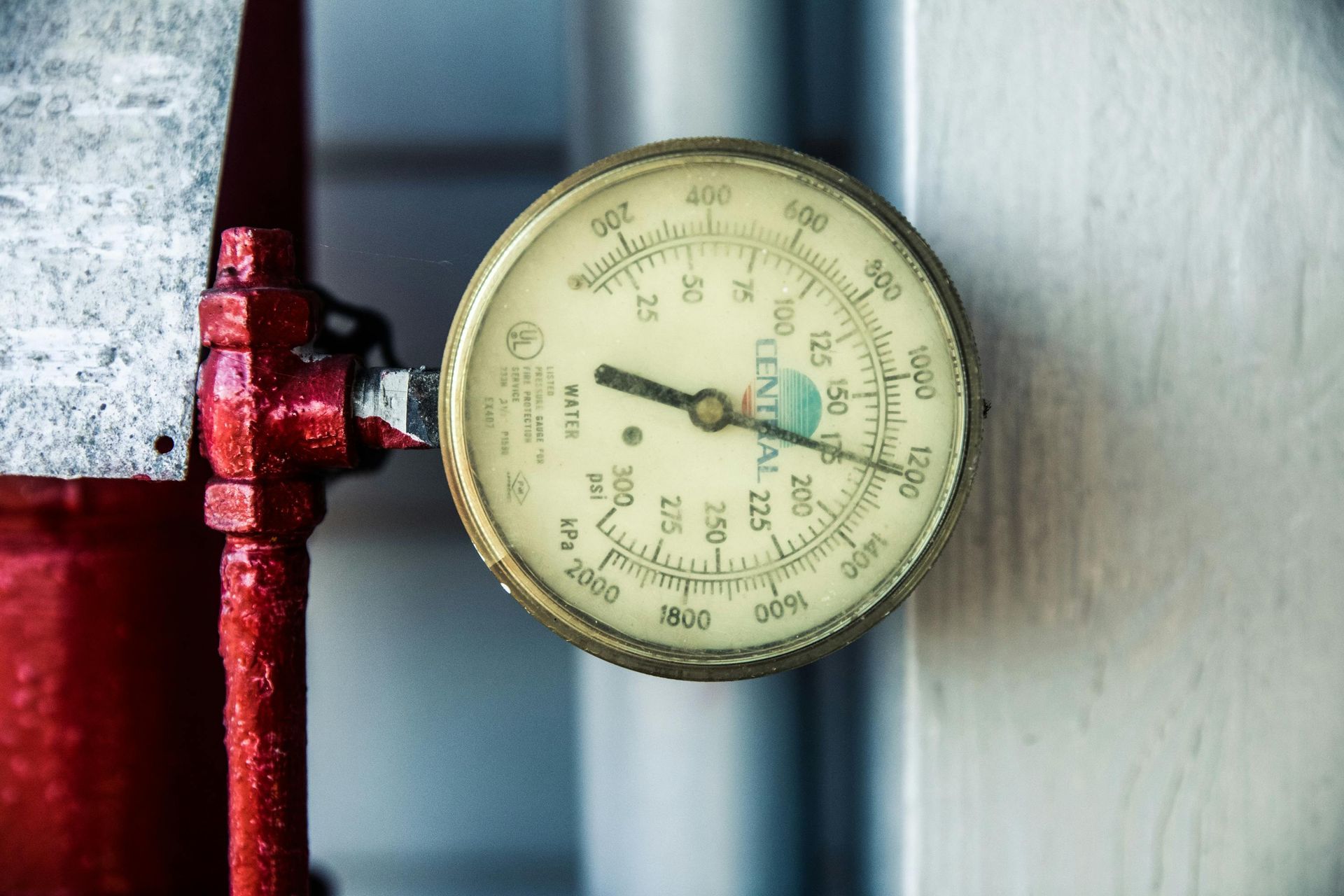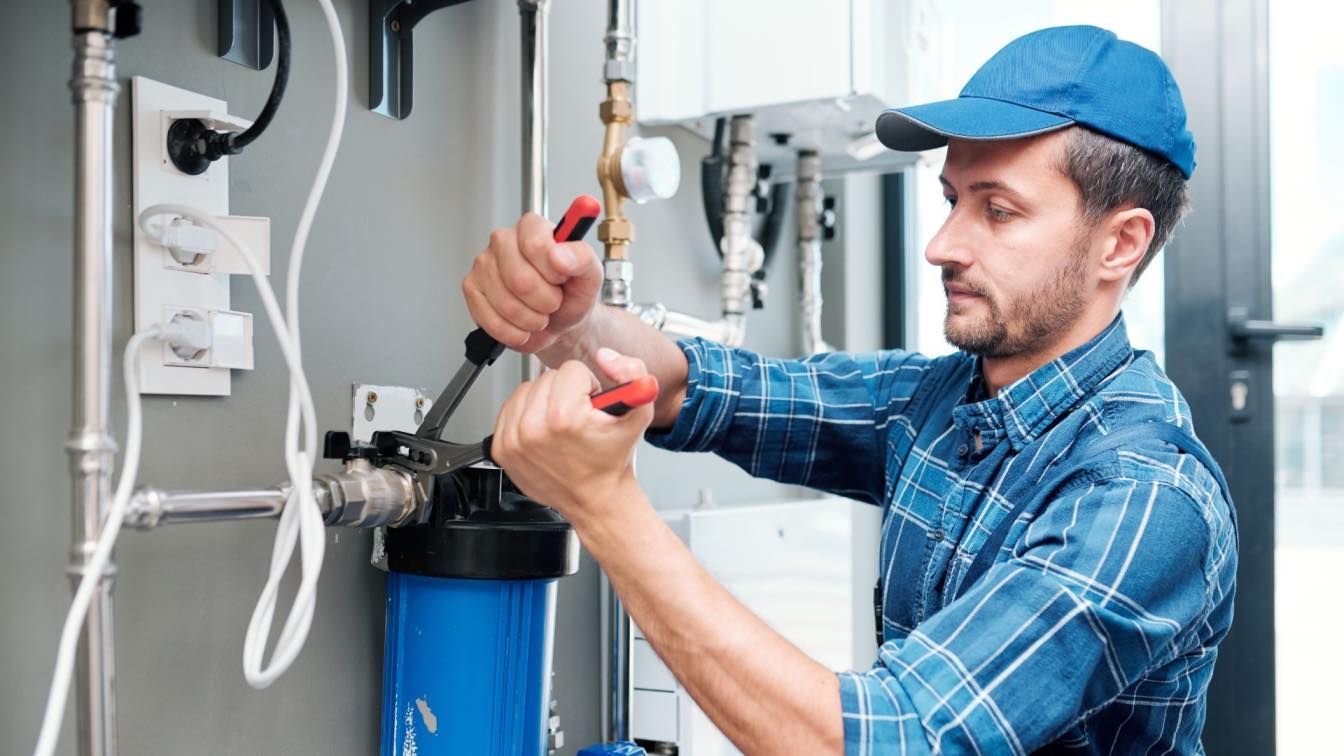Why Your Hot Water Runs Out Too Fast (and What to Do About It)
Few things are more frustrating than hopping into a warm shower, only to have it turn ice-cold before you’ve had a chance to rinse. If your hot water runs out too fast, you’re not alone. Many Cambridge homeowners face this problem, and while it’s a common complaint, the reasons behind it vary. The good news is that most causes are straightforward to identify—and with the right solution, you can restore reliable hot water for your household.
In this article, we’ll break down the five most common reasons your hot water supply doesn’t last as long as it should, what you can do about it, and when it’s time to call in a professional plumber.

1. Your Water Heater Tank Is Too Small
One of the most common reasons homeowners run out of hot water quickly is that the water heater tank itself is simply too small for the household’s needs.
A 30-gallon tank may have been sufficient years ago when only one or two people were using it. But if your family has grown—or if you’ve added more water-demanding appliances like a dishwasher or high-efficiency washing machine—that same tank is now undersized.
Signs your tank is too small include:
- Hot water running out after one shower
- Constant fights over “who showers first”
- Needing to space out laundry, dishwashing, and bathing
Solution: Consider upgrading to a larger tank. A 50-gallon water heater is often the right fit for an average family of four. Larger families or homes with multiple bathrooms may need a 75-gallon model or a tankless water heater, which provides endless hot water on demand.
2. Sediment Buildup in the Tank
Cambridge and surrounding areas are known for having hard water. Over time, minerals like calcium and magnesium settle at the bottom of your water heater, forming a thick layer of sediment.
This buildup reduces the effective capacity of your tank, meaning even though you technically have a 40-gallon heater, it might only function like a 25-gallon one. Sediment also insulates water from the heating element, forcing your system to work harder and less efficiently.
Signs of sediment buildup:
- Rumbling or popping noises from the tank
- Water that runs out faster than expected
- Cloudy or rusty-looking hot water
Solution: Have your tank professionally flushed once a year to remove sediment. This not only improves your hot water supply but also extends the life of the unit. If your tank is already heavily clogged, replacement may be the smarter choice.
3. Faulty Heating Elements or Thermostat
If you own an electric water heater, your tank relies on heating elements to warm the water. Over time, these elements can burn out, reducing your water heater’s ability to produce hot water. Similarly, the thermostat may malfunction, causing the heater to shut off prematurely or never heat water to the right temperature.
Signs of a faulty heating element or thermostat:
- Hot water runs out faster than usual
- Water never gets more than lukewarm
- Inconsistent temperatures from one shower to the next
Solution: Have a licensed plumber test the elements and thermostat. In many cases, replacing one or both is far less expensive than replacing the entire tank.
4. High Hot Water Demand
Sometimes the problem isn’t your water heater—it’s how you’re using it. Running multiple hot-water-heavy appliances at once can drain your supply quickly. For example:
- Showering while the dishwasher is running
- Doing laundry during peak shower times
- Filling a large bathtub before the tank can recover
Solution: Try staggering your water usage throughout the day. If you have teenagers at home, encourage them to spread out showers instead of all going back-to-back. If demand is consistently high, consider upgrading to a tankless water heater, which produces hot water continuously without running out.
5. Hidden Leaks in the Hot Water Line
If you notice your tank seems to run out unusually fast, the issue could be a leak in the hot water piping system. Even a small leak can waste gallons of heated water every day, leaving you with less hot water for normal use.
Signs of a hot water leak include:
- Higher-than-usual water bills
- Damp spots on floors, walls, or ceilings
- The sound of running water when no fixtures are in use
Solution: Have a plumber conduct a leak detection test. Repairing or replacing a section of pipe is often much cheaper than continuing to lose both water and energy.
Bonus Tip: Check Your Water Heater’s Age
Most traditional water heaters last 8–12 years. If your unit is pushing beyond that, frequent hot water issues may be a sign that it’s simply at the end of its life. Instead of paying for constant repairs, you may save money in the long run by upgrading to a newer, more efficient model.
Final Thoughts
Running out of hot water too quickly is frustrating—but it’s almost always fixable. Whether it’s an undersized tank, sediment buildup, a faulty thermostat, or high demand, the solution is within reach.
If you’re tired of cold showers and want reliable hot water in your Cambridge home, call a licensed plumber to inspect, repair, or replace your water heater. With the right fix, you’ll enjoy consistent hot water for years to come.
